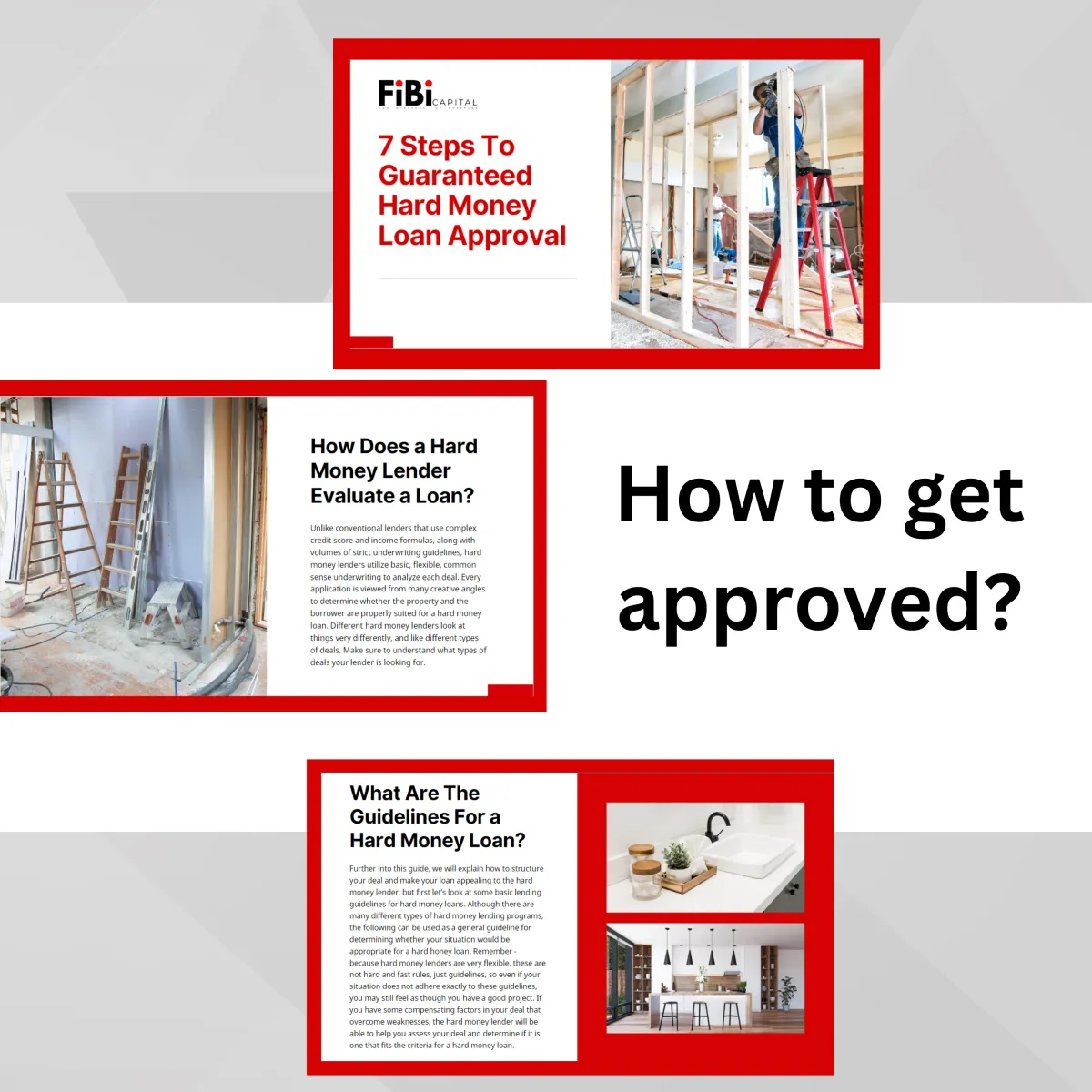Frequently Asked Questions.
STILL HAVE QUESTIONS?
Frequently Asked Questions
We understand private lending is different from traditional lending, so you may have questions. Well, we have answers!
What does FiBi stand for?
Why, we’re glad you asked! FiBi stands for, For Investors By Investors.
What are your minimum credit requirements?
We will look at your credit, however it is only one aspect of the approval process and we are much more concerned with the property itself and the amount of cash you have available to handle the project. We do not have a minimum credit score requirement.
What’s a point?
A point is equal to one percent (1%) of a mortgage amount. For example, on a $120,000 mortgage, one point is $1,200.
How would I know how much to pay for a property?
The amount you pay for a property is up to you as a private investor, but we recommend that you pay no more than 75% of After Repair Value (ARV), minus the cost to repair the property. Example: If the ARV of the property is $100,000.00 and the Repairs will cost $15,000.00, the most we would suggest you pay is $50,000.00 to $55,000.00.
How much can I borrow?
This again will vary some depending on the quality of the deal and your personal financial situation, but we will loan up to 70-75% of the After Repair Value (ARV) of the property. Take again the example above of a property worth $100,000.00 with $15,000.00 in repairs. We might loan as much as $55,000.00 towards the purchase of the house with an additional $15,000.00 held in escrow for you to repair the property.
Do you require insurance?
At closing, we will require six months, paid in advance, Builders' Risk certificate of insurance with a vacancy clause. Also, Windstorm and/or Flood Insurance may be required depending upon the location of the property. If windstorm is not included in your hazard insurance policy, a separate policy may be required and can be obtained through the Texas Windstorm Insurance Association.
Will you also finance the repairs?
Yes we will. We will reimburse you for repairs in typically three to five draws as work is completed.
Can I finance closing cost and fees?
Never on the first deal, however once we have established a good working relationship we can work with you to reduce your out of pocket expenses.
How much available cash will I need to qualify?
It depends on the size of the deal, but a good rule of thumb is 6 months worth 6 of payments plus one-third of the cost of repairs.
What if I don’t have enough cash, can I use my credit?
Typically we like to see enough cash in reserves to fund closing cost plus any equity down payment. However, we will take into consideration any available lines of credit with banks and credit card companies when considering your application.
Can I occupy the property or have a tenant in the property while I’m doing rehab work?
No, according to the Deed of Trust, no one is allowed to occupy the home before the end of the loan term.
If you have more questions about how to know if you meet the requirements for loan approval, download our 7 Steps To Guaranteed Hard Money Loan Approval guide here.
Interested in increasing your changes of being approved?
Grab our free guide to see how to drastically your loan approval odds every time! We will dive into everything from “What do hard money lenders do?” to “How hard money lenders evaluate loan proposals”. Be sure to you’re setup up the correct way from the start!

